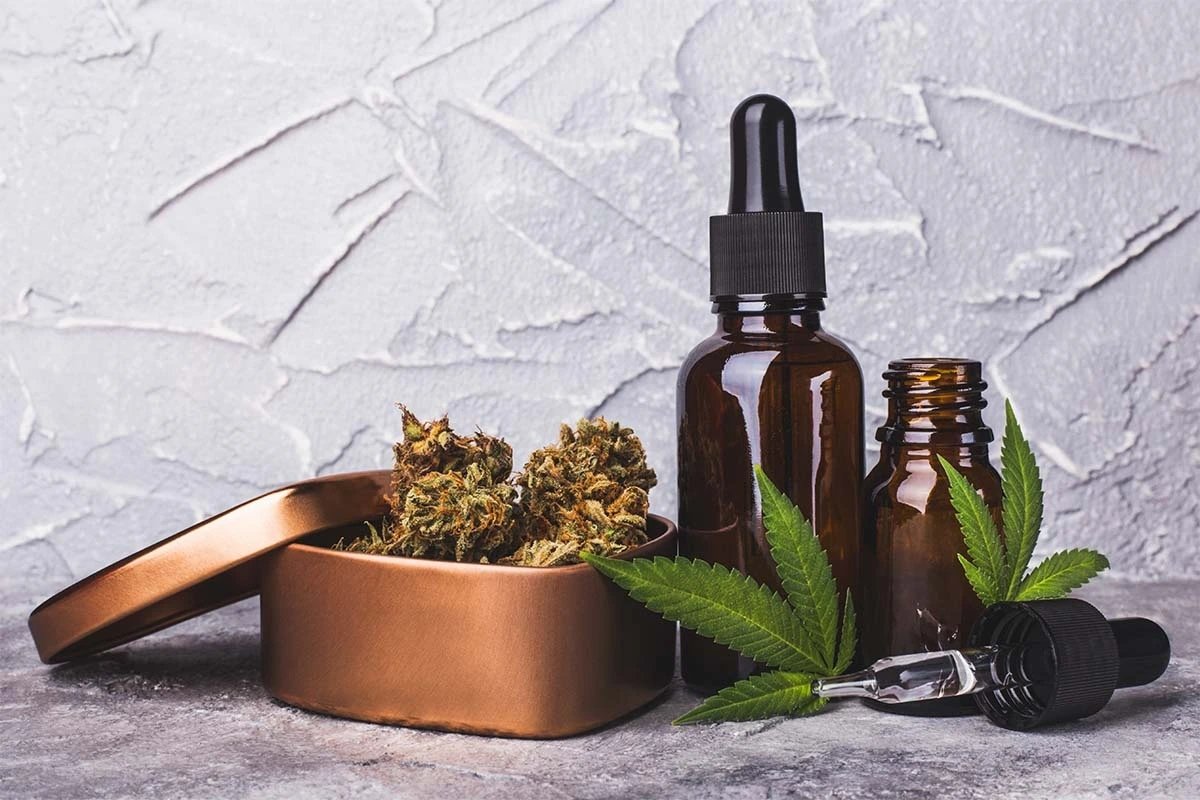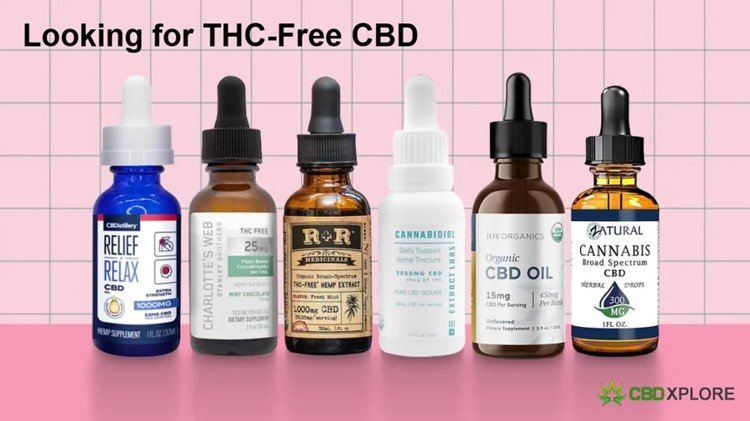How to Use CBD Oil: A Beginner’s Guide

How to Use CBD oil has gained significant popularity in recent years due to its potential health benefits. This CBD Oil beginner’s guide aims to provide a comprehensive understanding of CBD oil, its uses, and how to use it effectively.
Explore the Contents
- 1 What is CBD Oil?
- 2 How Does CBD Oil Work?
- 3 Choosing the Right CBD Oil
- 4 Types of CBD Oil (continued)
- 5 How to Use CBD Oil
- 6 FAQs
- 6.1 1. Is CBD oil addictive?
- 6.2 2. Can CBD oil make you fail a drug test?
- 6.3 3. How long does it take for CBD oil to work?
- 6.4 4. Can I give CBD oil to my pet?
- 6.5 5. Are there any drug interactions with CBD oil?
- 6.6 6. Can CBD oil cure medical conditions?
- 6.7 7. Can I drive or operate machinery after taking CBD oil?
- 6.8 8. Can I overdose on CBD oil?
- 6.9 10. Where can I purchase high-quality CBD oil?
- 7 Conclusion
What is CBD Oil?
Definition
CBD, short for cannabidiol, is a natural compound found in the cannabis plant. It is extracted from hemp plants, which contain minimal amounts of THC, the psychoactive component of cannabis. CBD oil is created by extracting CBD from hemp plants and diluting it with a carrier oil, such as coconut or hemp seed oil.
Extraction
CBD oil can be extracted using different methods, including CO2 extraction, ethanol extraction, or oil infusion. CO2 extraction is the most commonly used method as it ensures purity and removes any unwanted substances.
Benefits
CBD oil is known for its potential therapeutic benefits. It may help alleviate symptoms related to anxiety, pain, inflammation, insomnia, and certain medical conditions. However, it’s important to note that CBD oil is not intended to diagnose, treat, cure, or prevent any disease.
Read more: The History of CBD: From Ancient Times to Today

How Does CBD Oil Work?
Endocannabinoid System
The human body has an endocannabinoid system (ECS) that plays a crucial role in maintaining balance and regulating various bodily functions. The ECS consists of receptors, enzymes, and endocannabinoids produced by the body. CBD interacts with the ECS, potentially influencing its functioning.
CBD and Receptors
CBD interacts with two primary receptors of the ECS: CB1 and CB2 receptors. CB1 receptors are mainly found in the brain and central nervous system, while CB2 receptors are predominantly located in the immune system and peripheral tissues. The interaction with these receptors may affect pain perception, inflammation, mood, and other processes.
Effects on the Body
CBD does not bind directly to CB1 or CB2 receptors but modulates their activity. It can also interact with other receptors and neurotransmitters in the body, leading to various effects. CBD’s potential effects include pain relief, reduced anxiety, improved sleep, and anti-inflammatory properties.
Choosing the Right CBD Oil
Considerations
When selecting CBD oil, it’s important to consider factors such as CBD concentration, extraction method, third-party testing, and the reputation of the manufacturer. Look for products that have undergone independent lab testing to ensure purity and potency.
Types of CBD Oil (continued)
occurring compounds found in the cannabis plant, including other cannabinoids, terpenes, and trace amounts of THC. Broad-spectrum CBD oil contains all the compounds found in full-spectrum oil, except for THC, making it a suitable option for those who want to avoid THC entirely. CBD isolate, on the other hand, is the purest form of CBD, free of any other compounds.
When choosing the type of CBD oil, consider your personal preferences and any specific needs you may have. Full-spectrum oil may provide the synergistic benefits of the entourage effect, while broad-spectrum and CBD isolates offer THC-free options.
How to Use CBD Oil
Dosage and Administration
Determining the right dosage of CBD oil can vary from person to person. It is best to start with a low dose and gradually increase until the desired effects are achieved. Consulting with a healthcare professional experienced in CBD use can provide valuable guidance.
CBD oil can be administered orally by placing drops under the tongue and holding it there for 60 to 90 seconds before swallowing. This sublingual method allows for quick absorption through the blood vessels under the tongue.
Methods of Consumption
In addition to the sublingual method, CBD oil can be consumed through various other methods. This includes adding it to food or beverages, capsules, or using it topically in the form of creams, balms, or lotions. Each method offers different absorption rates and effects, so it’s important to choose the method that best suits your needs.
Incorporating CBD Oil
CBD oil can be incorporated into daily routines in different ways. Some people prefer taking it in the morning to promote a sense of calm and focus throughout the day. Others may use it in the evening to aid relaxation and support better sleep. Experimenting with different timings and doses can help determine what works best for you.
Potential Side Effects
While CBD is generally well-tolerated, it may cause some side effects in certain individuals. These can include dry mouth, drowsiness, changes in appetite, and diarrhea. It’s important to start with a low dose and observe how your body reacts. If any adverse effects occur, it is advisable to reduce the dosage or discontinue use and consult a healthcare professional.
Legality and Safety
The legal status of CBD oil varies from country to country and even within different states or regions. It’s essential to familiarize yourself with the local laws and regulations regarding CBD oil before purchasing or using it. Additionally, ensure that the product you choose undergoes third-party testing to confirm its safety and quality.
FAQs
1. Is CBD oil addictive?
No, CBD oil is not addictive. It does not have the psychoactive properties associated with THC and does not produce a “high” sensation.
2. Can CBD oil make you fail a drug test?
While it is unlikely, some CBD oils may contain trace amounts of THC, which could potentially show up on a drug test. If you are concerned about drug testing, consider using THC-free CBD oil.
3. How long does it take for CBD oil to work?
The onset and duration of effects can vary depending on factors such as dosage, method of consumption, and individual body chemistry. Generally, the effects of CBD oil can be felt within 15 to 45 minutes.
4. Can I give CBD oil to my pet?
Yes, CBD oil can also be given to pets. Many pet owners have reported the positive effects of CBD oil in managing anxiety, pain, and certain health conditions in their pets. However, it’s crucial to consult with a veterinarian before administering CBD oil to your pet.
5. Are there any drug interactions with CBD oil?
CBD oil can potentially interact with certain medications. It is important to consult with a healthcare professional if you are taking any prescription medications to ensure there are no adverse interactions between CBD and your medication.
6. Can CBD oil cure medical conditions?
CBD oil is not intended to cure medical conditions. While it may provide potential therapeutic benefits and help alleviate certain symptoms, it is important to approach CBD oil as a complementary option and not a replacement for professional medical advice or treatment.
7. Can I drive or operate machinery after taking CBD oil?
It is advisable to avoid driving or operating heavy machinery if you feel drowsy or experience any impairment after taking CBD oil. CBD can potentially cause drowsiness in some individuals, so it’s important to understand how it affects you personally before engaging in such activities.
8. Can I overdose on CBD oil?
CBD oil is generally considered safe, even in high doses. However, it is recommended to follow the dosage guidelines provided by the manufacturer or a healthcare professional. Taking excessively high doses of CBD oil may lead to increased side effects or reduced effectiveness.
9. Is CBD oil suitable for everyone?
While CBD oil is generally well-tolerated, individual reactions may vary. It is important to consider personal health conditions, and medications, and consult with a healthcare professional before using CBD oil, especially for pregnant or breastfeeding individuals, children, or individuals with underlying medical conditions.
10. Where can I purchase high-quality CBD oil?
High-quality CBD oil can be purchased from reputable sources, such as licensed dispensaries, online retailers, or directly from manufacturers. Look for products that have undergone third-party testing to ensure purity and potency.
Conclusion
CBD oil offers potential health benefits and can be a valuable addition to a wellness routine. Understanding its properties, dosage guidelines, and various consumption methods is crucial for beginners. By choosing the right CBD oil, determining suitable dosages, and incorporating it mindfully, individuals can explore the potential benefits of this natural compound.
In conclusion, CBD oil can be a valuable addition to a wellness routine, offering potential benefits for beginners and experienced users alike. By understanding the basics of CBD oil, choosing the right product, and using it responsibly, individuals can explore its potential therapeutic effects. However, it’s important to remember that CBD oil is not a miracle cure and should be approached as a complementary option, in consultation with healthcare professionals.





